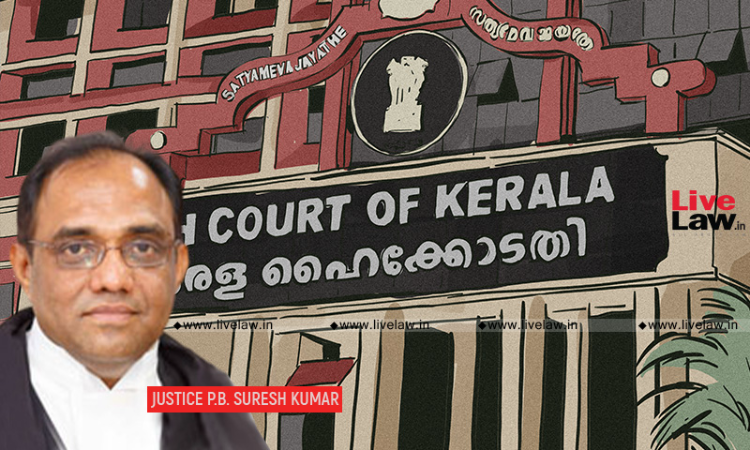Kerala High Court Issues Directions To Regulate Crowd Funding For Treatment Of Rare Diseases
Hannah M Varghese
26 Jan 2022 1:30 PM IST

Next Story
26 Jan 2022 1:30 PM IST
The Kerala High Court has issued a set of directions to the State and the Central governments in an attempt to make available adequate funds for treating patients suffering from rare diseases, particularly for those who cannot afford such expenses, to enforce the rights guaranteed to the citizens under Article 21 of the Constitution. Justice P.B. Suresh Kumar directed the Centre and State to...
